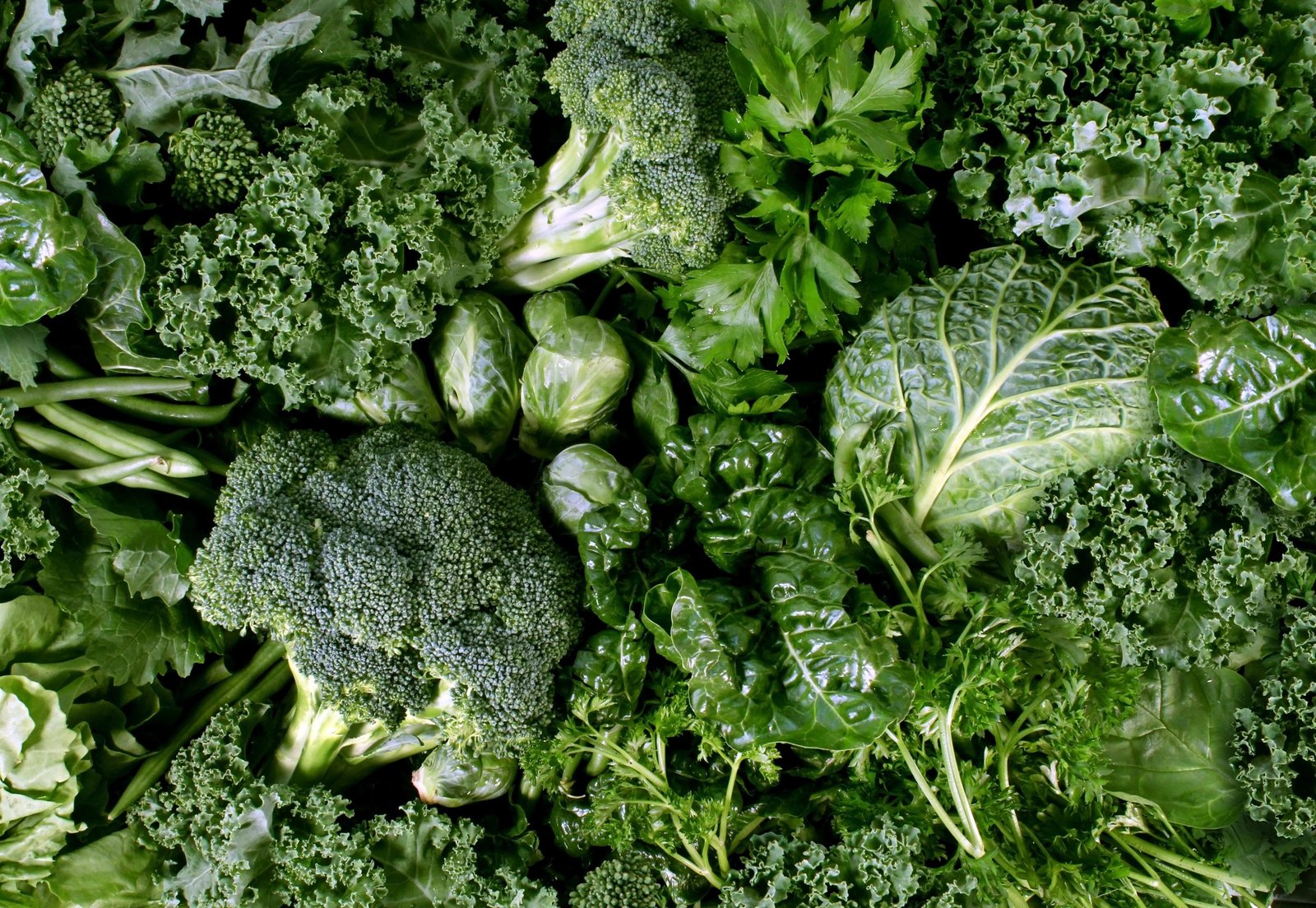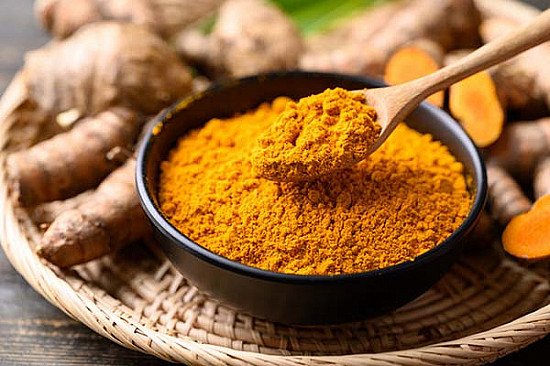2. Leafy Greens: Nature’s Anti-Inflammatory Medicine

Dark leafy greens like spinach, kale, collard greens, and Swiss chard are nutritional powerhouses that can significantly impact knee pain. These vegetables are rich in antioxidants, including vitamin C, vitamin E, and carotenoids, which help combat oxidative stress in the joints.
Spinach, in particular, contains kaempferol, a flavonoid that has shown promise in reducing inflammatory markers associated with arthritis. Kale provides sulforaphane, a compound that may help slow cartilage damage. These greens are also excellent sources of calcium and vitamin K, both essential for bone health.
Incorporate leafy greens into smoothies, sauté them as side dishes, add them to soups, or create colorful salads. The more variety you include, the broader spectrum of beneficial compounds you’ll receive.
3. Berries: Small Fruits with Big Benefits

Berries are among nature’s most potent sources of antioxidants, particularly anthocyanins, which give them their vibrant colors. Blueberries, strawberries, blackberries, and cherries have all been shown to help reduce inflammation and may specifically benefit those with knee pain.
Tart cherries deserve special mention, as they contain natural compounds that can help reduce uric acid levels and inflammatory markers. Some studies suggest that drinking tart cherry juice regularly can be as effective as some anti-inflammatory medications for reducing joint pain.
The vitamin C in berries also supports collagen synthesis, which is crucial for maintaining healthy cartilage. Enjoy berries fresh, frozen, or dried, add them to yogurt or oatmeal, or blend them into smoothies for a delicious anti-inflammatory boost.
4. Nuts and Seeds: Tiny Packages of Joint-Supporting Nutrients

Nuts and seeds are excellent sources of healthy fats, protein, and minerals that support joint health. Walnuts are particularly rich in omega-3 fatty acids, while almonds provide vitamin E, a powerful antioxidant that helps protect joint tissues from damage.
Chia seeds and flaxseeds are plant-based sources of omega-3s and also provide fiber, which can help reduce overall inflammation in the body. These tiny seeds are easy to incorporate into your diet by sprinkling them on yogurt, adding them to smoothies, or mixing them into oatmeal.
Brazil nuts are an exceptional source of selenium, a mineral that plays a crucial role in antioxidant enzyme function. Just one or two Brazil nuts daily can provide your entire daily selenium requirement.
5. Turmeric: The Golden Spice for Joint Health

Turmeric has been used for centuries in traditional medicine, and modern science has validated many of its health benefits. The active compound curcumin gives turmeric its distinctive yellow color and powerful anti-inflammatory properties.
Studies have shown that curcumin can be as effective as some non-steroidal anti-inflammatory drugs (NSAIDs) for reducing knee pain, but without the potential side effects. It works by inhibiting several inflammatory pathways and reducing the production of inflammatory molecules.
To maximize absorption, consume turmeric with black pepper and a small amount of healthy fat. Try adding turmeric to curries, smoothies, or warm milk. Golden milk, a traditional drink made with turmeric, milk, and spices, is a delicious way to incorporate this healing spice into your routine.